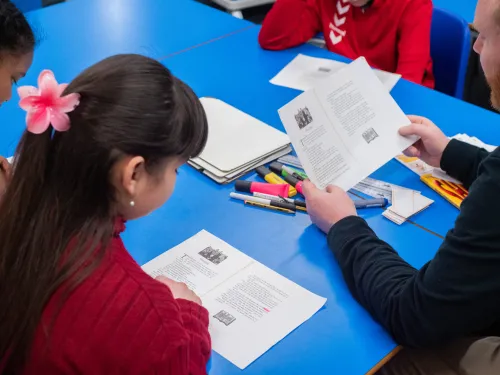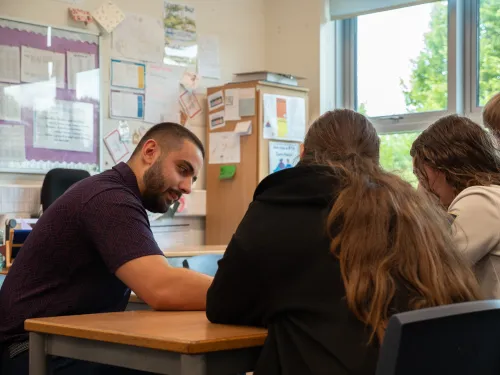
Featured
Schools white paper
Tutor Trust reflects on the Government's long-awaited Schools White Paper has been released, detailing their strategy to create a more equitable school system. With a focus on tackling the SEND crisis and raising the attainment of disadvantaged young people, the ambitions of this bill are a welcome sign of hope.











